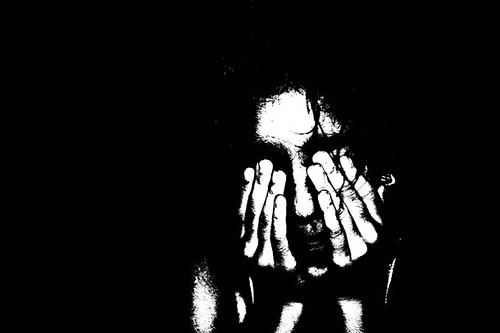I think I'll review the book reviews on the back cover.
"The best American writer of his generation."
--San Francisco Examiner
I dunno about that. I'm a pretty big Suzanne Collins fan right now.
"The Things They Carried is as good as any piece of literature can get."
--Chicago Sun-Times
That's pretty good. As soon as a book gets labeled as "literature," I become instantly wary of it. I didn't mind this book, though, and that's as good as it's going to get.
"This is writing so powerful that it steals your breath." --Milwaukee Journal
Definitely it's powerful. It didn't cause me any breathing problems, for which I am thankful.
"Rendered with an evocative, quiet precision, not equaled in the imaginative literature of the American war in Vietnam." --Washington Post
I can't vouch for this one; I'm a Vietnam novel novice.
"You've got to read this book... These stories shine in a strange and opposite direction, moving against the flow, illuminating life's wonder, life's tenuousness, life's importance."
--Dallas Morning News
I have two problems with this decidedly rather eloquent review. First, it doesn't end the first sentence with enough periods. I really think there ought to be four--three to illustrate the ellipsis/trailing off and one to show the end of the sentence. I also don't like that it told me I have to read it. I mean, I don't even live in Dallas.
"A book so searing and immediate you can almost hear the choppers in the background... This is prose headed for the nerve center of what was Vietnam."
--Boston Globe
I am forgiving the three-period thing. Maybe it's a personal preference, but anyway, the consistent three-period-pattern suggests that perhaps that's a Mariner Books influence.
"An ultimate, indelible image of war in our time, and in time to come."
--Los Angeles Times
I guess. I mean, it'll probably stick with me for a while. I won't be around forever, so... "indelible"... maybe not. That's commonplace hyperbole, though, I guess.








